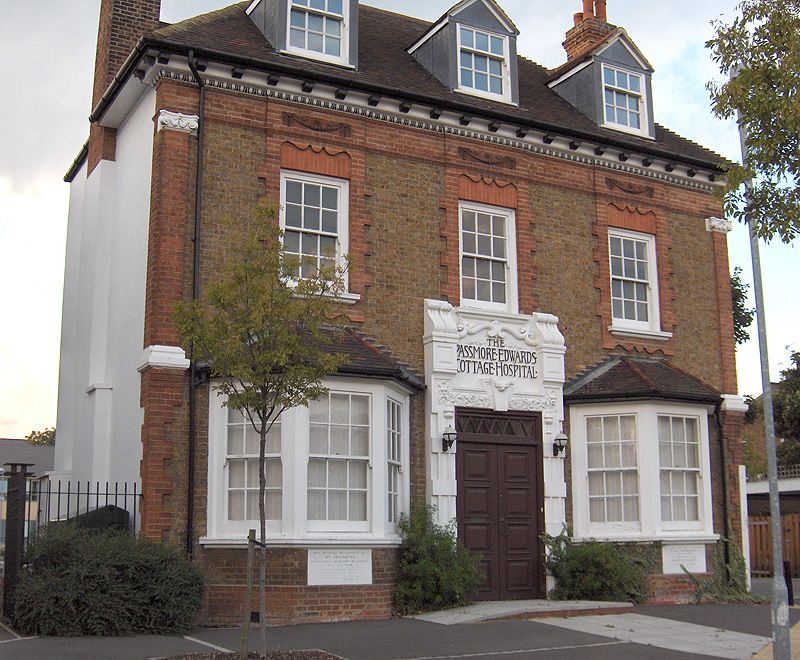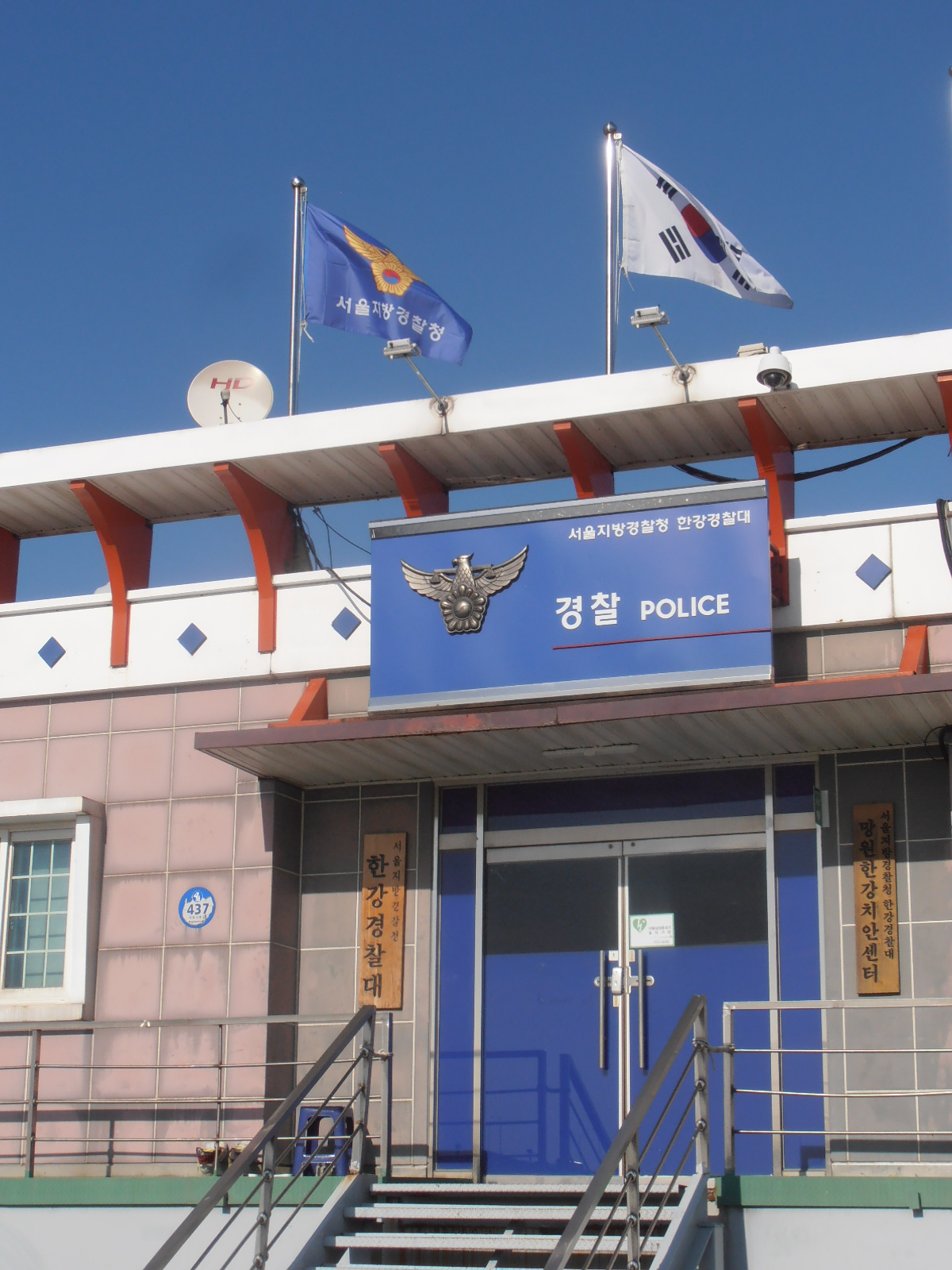|
Ase, Nigeria
Ase (pronounced Eseh) is a coastal community on the shores of the Ase River, off River Niger in Ndokwa East Local Government Area of Delta State, Nigeria. Ase River derives its name from Ase town. Ase is an idyllic countryside with a spectacular and breathtaking natural beach, evergreen rain-forest vegetation rich in flora and fauna which overhangs the Ase Creek. Ase is a serene natural tourist resort still waiting to be explored. Ase shares common boundaries with Ibedeni, Onyah, Aviara, Uzere, Patani (all in Delta State) and Trofani (in Bayelsa State). During the colonial era, Ase served as the commercial and administrative Headquarters for the colonial administrators. Relics of colonial presence still dot the landscape. John Holt and UAC are some of the companies that had trade offices and warehouses in Ase. The town is made up of descendants from Ndokwa speakers who have intermarried with the Isokos and Ijaws over the years. The Ase dialect of the Ukwuani language and ... [...More Info...] [...Related Items...] OR: [Wikipedia] [Google] [Baidu] |
Ase River
Ase may refer to: * Ase, Nigeria, a town in Delta State, Nigeria * -ase, a suffix used for the names of enzymes * Aṣẹ, a West African philosophical concept * American Sign Language (ISO 639-3 code: ase) See also * Åse (other) Åse may refer to: People * Tone Åse (born 1965), Norwegian singer Given name * Åse Birkrem, Norwegian handball player * Åse Fosli, Norwegian politician for the Conservative Party * Åse Hedstrøm, Norwegian composer based in Stockholm, Swe ... * ASE (other) {{disambiguation ... [...More Info...] [...Related Items...] OR: [Wikipedia] [Google] [Baidu] |
Isoko People
Isoko people are an ethnolinguistic group who inhabit the Isoko region of Delta State and Bayelsa State, Nigeria. They are people of southern Nigeria, near the northwestern Niger delta. Delta State and Bayelsa State are part of the 36 states of the Federal Republic of Nigeria. The Isokos speak the Isoko language, a language of the Kwa branch of the Niger-Congo family which is also very linguistically similar to the Urhobo language, Epie-Atissa language, Engenni language. James W. Welch asserted that Isoko language is a dialect of Urhobo language, and many people share that opinion. The Isoko culture is related to several cultures in the Niger-Delta - namely, Urhobo, Ijaw and Aniomabr>Urhobo are related in language and culture, leading to the invaders erroneously labelling the Urhobo and Isoko cultural groups as Sobo. This name was strongly rejected by both tribes. The Isoko ethnic group consist of nineteen clans namely: Uzere, Ozoro, Erowha, Owhe, Iyede, Okpe, Emede, Ig ... [...More Info...] [...Related Items...] OR: [Wikipedia] [Google] [Baidu] |
Oleh, Nigeria
Oleh is the headquarters of the Isoko South Local Government Area, one of the two administrative units in the Isoko region of Delta State, southern Nigeria. Politics and Government As the administrative center for the local government, it houses the council offices. The town is under the leadership of a monarch, His Royal Majesty (H.R.M.) Ovrawah A. Omogha 1 (JP) FCAI, who has the power to appoint his Kinsmen (also known as Chiefs) who assist him in decision(s) making relating to the affairs of Oleh community. In addition to the monarch and his chiefs, there is also an Oleh community executives headed by an elected president. Both the community executives and the king with his chiefs work together to see to the smooth running of the community affairs. They are also the traditional custodian of the people's customs and traditions. The monarch is influential in Isokoland in matters relating to his kingdom. He is also a member of the state council of traditional rulers, which als ... [...More Info...] [...Related Items...] OR: [Wikipedia] [Google] [Baidu] |
Niger River
The Niger River ( ; ) is the main river of West Africa, extending about . Its drainage basin is in area. Its source is in the Guinea Highlands in south-eastern Guinea near the Sierra Leone border. It runs in a crescent shape through Mali, Niger, on the border with Benin and then through Nigeria, discharging through a massive delta, known as the Niger Delta (or the Oil Rivers), into the Gulf of Guinea in the Atlantic Ocean. The Niger is the third-longest river in Africa, exceeded by the Nile and the Congo River. Its main tributary is the Benue River. Etymology The Niger has different names in the different languages of the region: * Fula: ''Maayo Jaaliba'' * Manding: ''Jeliba'' or ''Joliba'' "great river" * Tuareg: ''Egerew n-Igerewen'' "river of rivers" * Songhay: ''Isa'' "the river" * Zarma: ''Isa Beeri'' "great river" * Hausa: ''Kwara'' *Nupe: ''Èdù'' * Yoruba: ''Ọya'' "named after the Yoruba goddess Ọya, who is believed to embody the ri ... [...More Info...] [...Related Items...] OR: [Wikipedia] [Google] [Baidu] |
Cottage Hospital
A cottage hospital is a semi-obsolete type of small hospital, most commonly found in the United Kingdom. The original concept was a small rural building having several beds.The Cottage Hospitals 1859–1990, Dr. Meyrick Emrys-Roberts, Tern Publications, Motcombe, Dorset. 1991, The advantages of such a hospital in villages were the provision of care which avoided long journeys to county or voluntary hospitals, facilities to deal more immediately with emergencies, and familiarity the local physician might have with their patients that may affect their treatment. This local knowledge of the patient would probably have been lost had they been referred to their nearest county hospital, as was typical for poorer patients. Some of these buildings continued to be known as cottage hospitals until recent times. In particular, several are still recognisable in Scotland within the infrastructure of NHS Grampian, Kirkcudbrightshire, Dumfries & Galloway, and in Norfolk and Suffolk in England, an ... [...More Info...] [...Related Items...] OR: [Wikipedia] [Google] [Baidu] |
Police Station
A police station (sometimes called a "station house" or just "house") is a building which serves to accommodate police officers and other members of staff. These buildings often contain offices and accommodation for personnel and vehicles, along with locker rooms, temporary holding cells and interview/interrogation rooms. Names Large departments may have many stations to cover the area they serve. The names used for these facilities include: *Barracks for many American state police and highway patrol stations and in Ireland *District office, typically used by American state police forces like the California Highway Patrol, but also used by smaller departments like the Calgary Police Service *Precinct house, or precinct, for some urban police departments in the United States such as the New York City Police Department, Memphis Police Department, and Newark Police Department, where stations are in charge of precincts *Police house *Police office, especially in Scotland *Statio ... [...More Info...] [...Related Items...] OR: [Wikipedia] [Google] [Baidu] |
Primary School
A primary school (in Ireland, the United Kingdom, Australia, Trinidad and Tobago, Jamaica, and South Africa), junior school (in Australia), elementary school or grade school (in North America and the Philippines) is a school for primary education of children who are four to eleven years of age. Primary schooling follows pre-school and precedes secondary schooling. The International Standard Classification of Education considers primary education as a single phase where programmes are typically designed to provide fundamental skills in reading, writing, and mathematics and to establish a solid foundation for learning. This is ISCED Level 1: Primary education or first stage of basic education.Annex III in the ISCED 2011 English.pdf Navigate to International Standard Classification of Educati ... [...More Info...] [...Related Items...] OR: [Wikipedia] [Google] [Baidu] |
Traditional Ruler
A tradition is a belief or behavior (folk custom) passed down within a group or society with symbolic meaning or special significance with origins in the past. A component of cultural expressions and folklore, common examples include holidays or impractical but socially meaningful clothes (like lawyers' wigs or military officers' spurs), but the idea has also been applied to social norms such as greetings. Traditions can persist and evolve for thousands of years—the word ''tradition'' itself derives from the Latin ''tradere'' literally meaning to transmit, to hand over, to give for safekeeping. While it is commonly assumed that traditions have an ancient history, many traditions have been invented on purpose, whether that be political or cultural, over short periods of time. Various academic disciplines also use the word in a variety of ways. The phrase "according to tradition", or "by tradition", usually means that whatever information follows is known only by oral tradition, ... [...More Info...] [...Related Items...] OR: [Wikipedia] [Google] [Baidu] |
Ukwuani Language
Ukwuani, Aboh, and Ndoni are a cluster of Igboid Igboid languages constitute a branch of the Volta–Niger language family. The subgroups are: *Ekpeye * Nuclear Igboid: Igbo, Ikwerre, Ika, Ngwa, Izii–Ikwo– Ezza– Mgbo, Ogba and Ukwuani-Aboh-Ndoni Williamson and Blench conclude th ... languages of Nigeria. Writing system References {{Languages of Nigeria Igboid languages ... [...More Info...] [...Related Items...] OR: [Wikipedia] [Google] [Baidu] |
Ijaw People
The Izon people or Izon Otu, otherwise known as the Ijaw people due to the historic mispronunciation of the name ''Izon'', are an ethnic group majorly found in the Niger Delta in Nigeria, with significant population clusters in Bayelsa, in Delta, and in Rivers. They are also found in other Nigerian states like Ondo, and Edo State. Many are found as migrant fishermen in camps as far west as Sierra Leone and as far east as Gabon. Population figures for the Ijaws are placed at just over 4 million, accounting for 1.8% of the Nigerian population. They have long lived in locations near many sea trade routes, and they were well connected to other areas by trade as early as the 15th century. Language The Ijaws speak nine closely related Niger-Congo languages, all of which belong to the Ijoid branch of the Niger-Congo tree. The primary division between the Ijo languages is that between Eastern Ijo and Western Ijo, the most important of the former group of languages being Izon, which ... [...More Info...] [...Related Items...] OR: [Wikipedia] [Google] [Baidu] |

%2C_scene_at_the_river_front.jpg)




